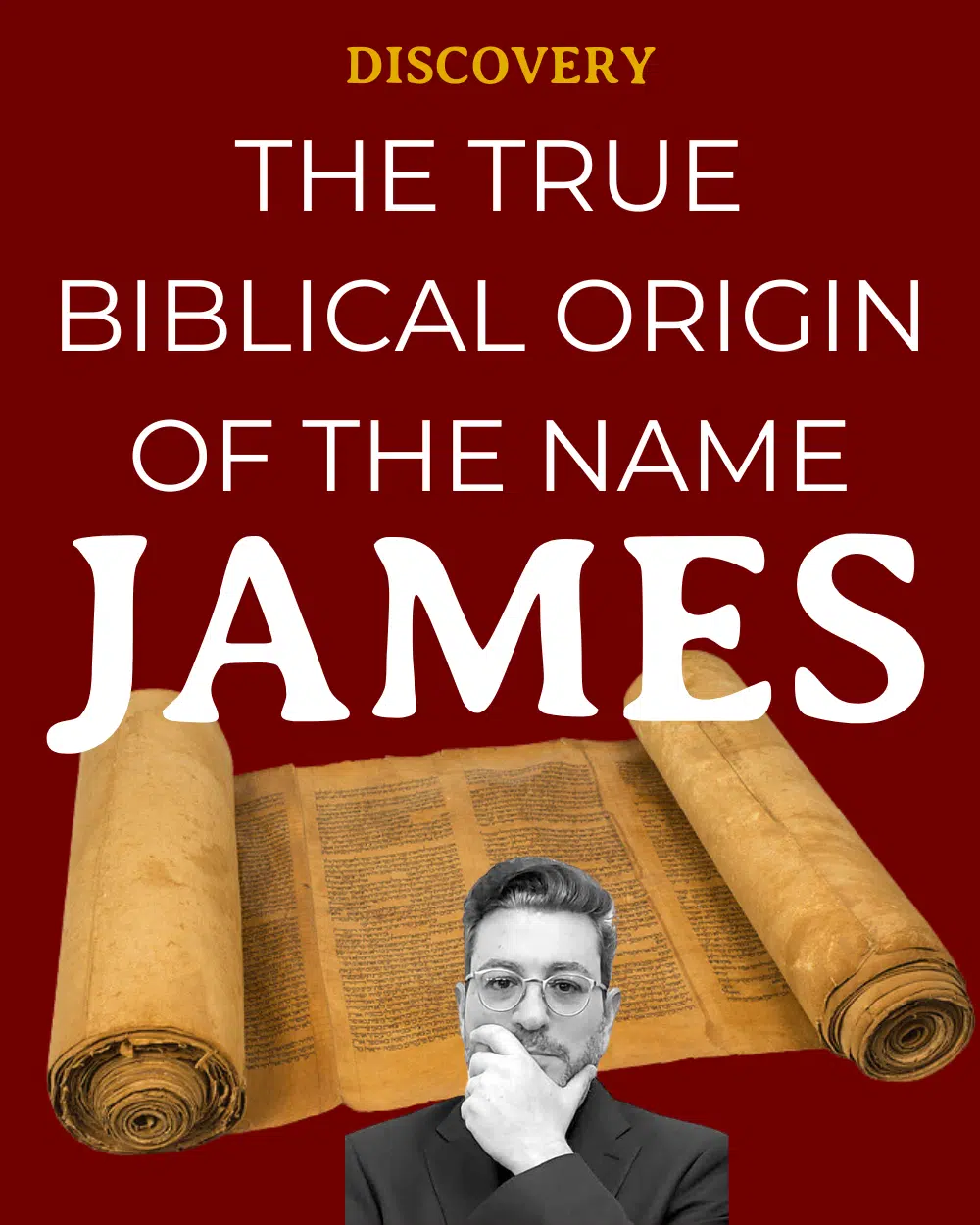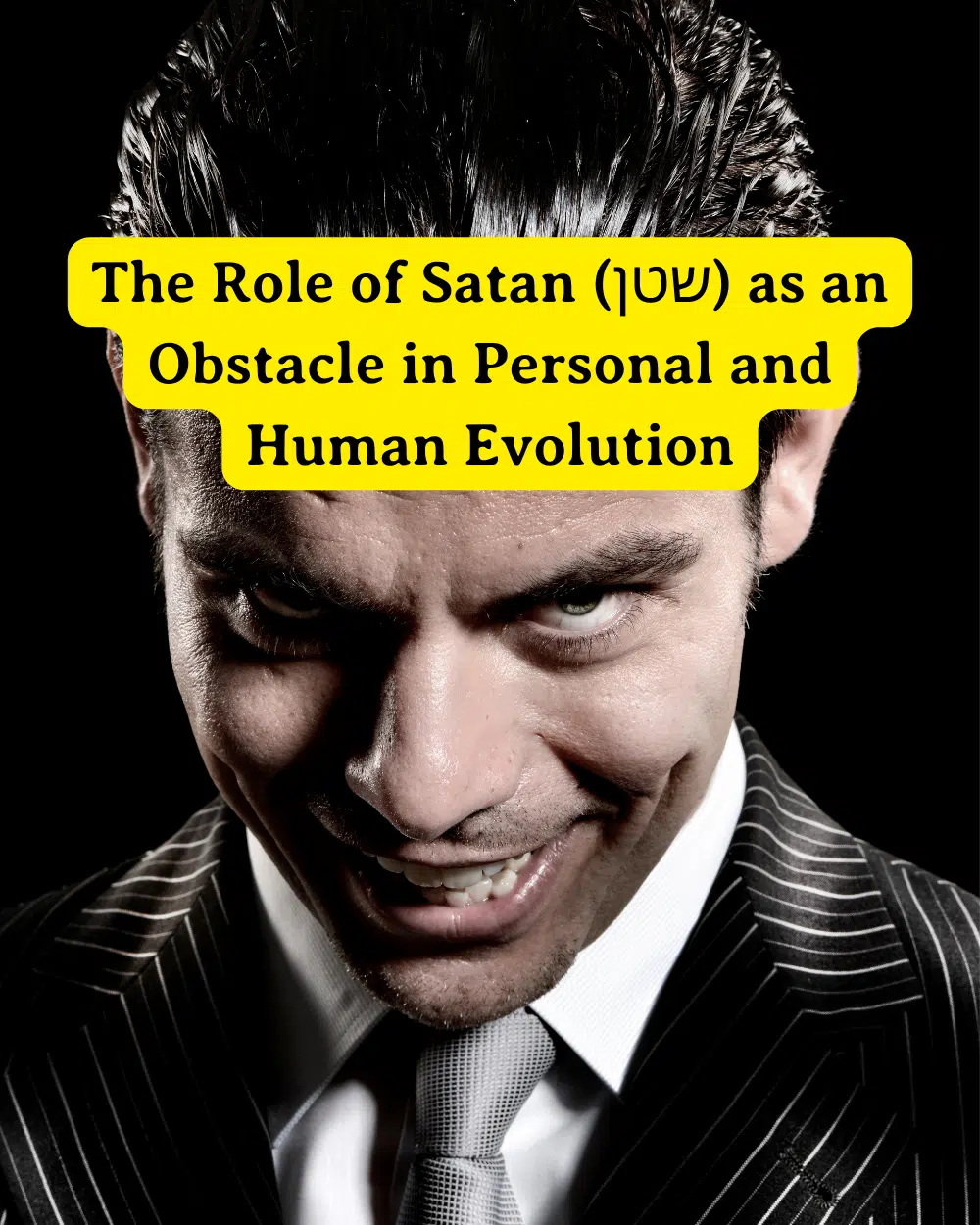closer2TRUTH 1/10 TOTALLY WRONG
Televangelist Joyce Meyer is a prominent figure in the Christian faith whose teachings and beliefs on hell have been widely discussed, both in support and in opposition. Meyer has a unique and controversial position on hell that has attracted the attention of many people and has caused much debate.
Meyer believes that hell is a real place where all those who do not accept Yeshua says that “the wicked will be thrown into the fiery furnace, where there will be weeping and gnashing of teeth.” This passage has often been interpreted as a reference to hell as a place of physical torment, but other scholars argue that this passage should be interpreted metaphorically, as a description of the shame and disgrace that the wicked will experience in the afterlife, rather than as a literal description of eternal punishment.
The Conclusion:
In conclusion, the concept of hell as a place of eternal punishment has been misinterpreted in several ways by the King James Version and other translations of the Bible. These misinterpretations include mistranslations of Hebrew and Greek terms, misunderstandings of metaphorical language, and a lack of awareness of the cultural and historical context in which these terms were originally used. Understanding the true meaning of these terms and passages can help to clarify our understanding of the Bible’s teachings on the afterlife and the consequences of sin.













